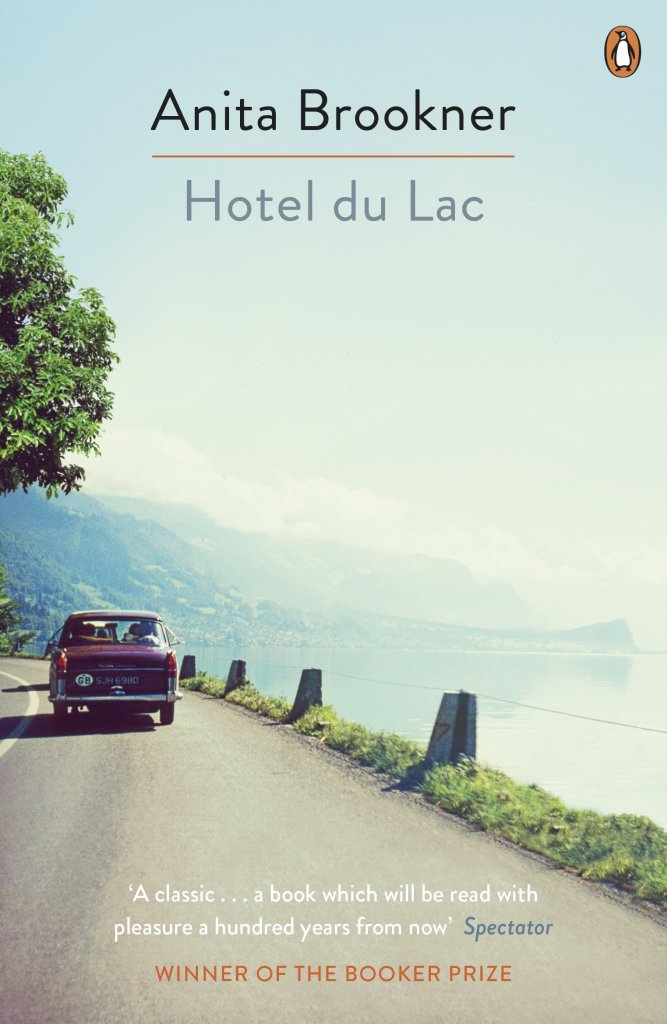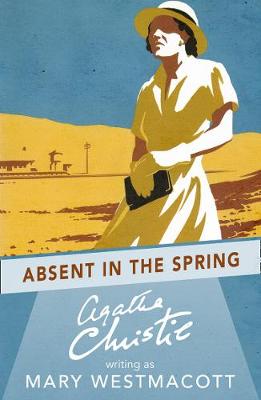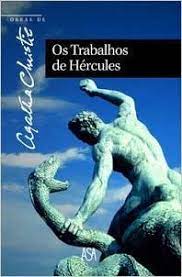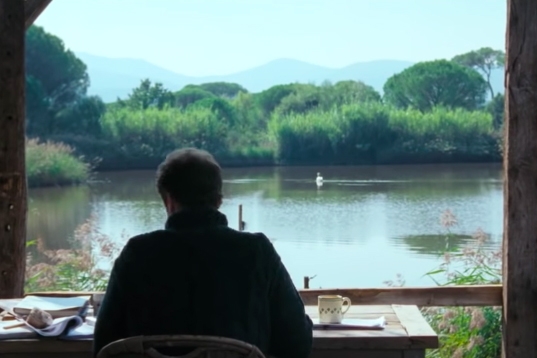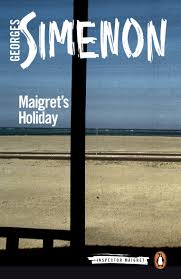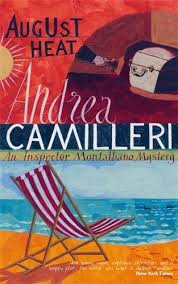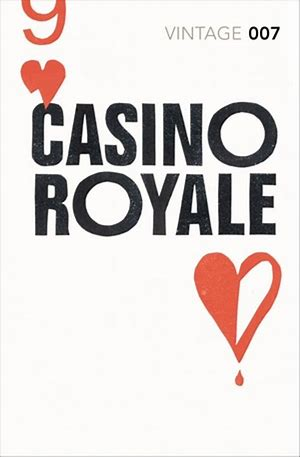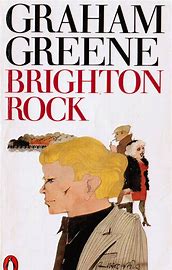Mid-January is traditionally the time when we break all the resolutions we made at the start of the month. The new exercise regime is a pain, drinking less coffee was ditched when you discovered it was one of the few things pushing you through a busy morning, and going dry means you’ve denied yourself one of life’s small pleasures: a glass of Rioja on a dark, winter’s evening.
And how many people have decided they will read more books this year? Probably quite a few. Read more books, watch less Netflix. I’ve heard that a couple of times in the past few weeks.
The deluge of hardbacks published in time for Christmas now have 50% off stickers on them, and as we see these books lined up on the Sale shelf of the bookshop, or paraded beneath a flashing red banner on Amazon, we begin to wonder whether anyone wants to read a celebrity autobiography, or another television tie-in, or whether we all just assume other people might want to read them as we buy them as Christmas presents.
Now that the flurry of marketing is over, and the brightly-coloured headline books are taken out of the shop windows, we can look across the literary landscape and see its richness. I can see the obscure farming memoir from the 1940s that I’ve always wanted to read (The Worm Forgives the Plough by John Stewart Collis), the almost-forgotten coming-of-age novel by the author of Black Narcissus, which is set during a summer in France, and has a title that appealed to me the moment I saw it (The Greengage Summer by Rumer Godden). I can see, lined up like a range of mountains, the complete Barsetshire chronicles, which I’ve always meant to read. Down on the shoreline, I can see all the Booker prize winners I’ve never got round to. Some of them are being swept away by a tide, never to be remembered again, some of them will remain and still be read. I will read that fascinating book on child psychology coming out in Penguin classics (Dibs in Search of Self by Virginia M Axline), I will buy Georges Simenon’s The Venice Train when it comes out in its new edition.




I want quality and quantity. I want to catch up on all the wonderful books that are waiting to be discovered. I want to get through them like you would all the items on the menu at your favourite restaurant. I want to uncork them like wine bottles, eager to find out whether the taste matches the description.
I will be surprised, I will be enthused, I will be disappointed. I will pick up some amazing books for almost nothing in charity shops; I will pay full price for books which turn out to be duds. By the end of the year I will know the names of writers I’ve not heard of yet, writers I’ll wonder how I ever lived without. I will read books on sandy beaches in Portugal, I will read them in the early hours of the morning when I cannot sleep, I will listen to them through my earphones while I weed the rhubarb patch at the allotment, I will read them with large cups of tea and small glasses of brandy. I will read them when I’m bored, I will read them when I’m interested.
Whatever else you give up on this month, don’t let it be books.
